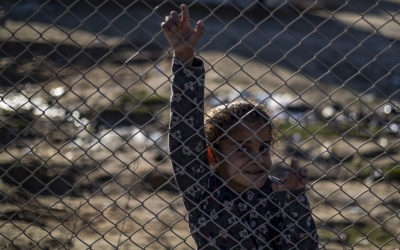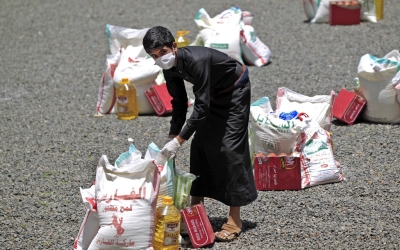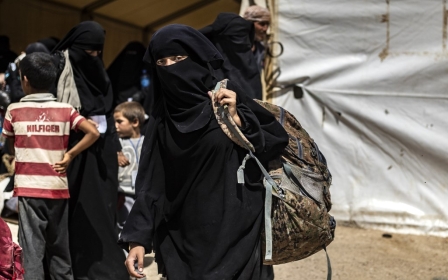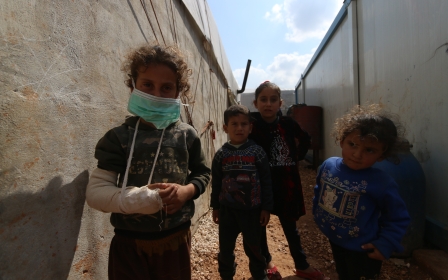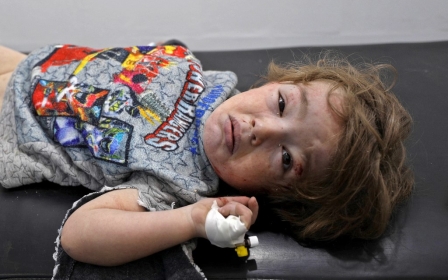UN expresses concern over 'widespread' Covid-19 transmission in Syria
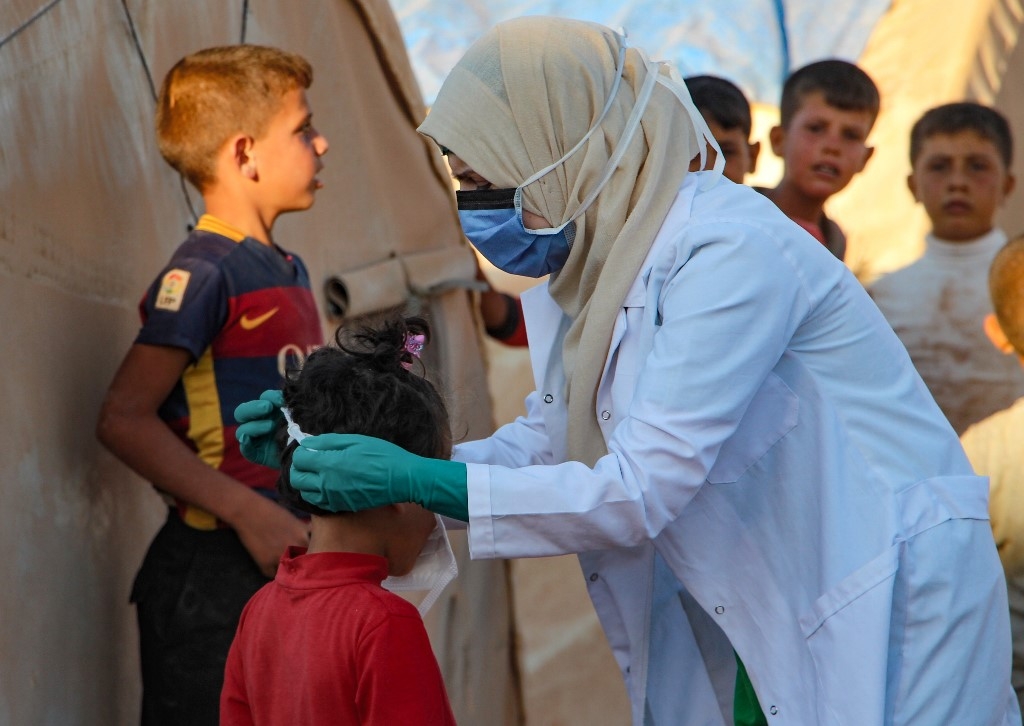
The United Nations fears a lack of testing may be masking the real extent of a "widespread" coronavirus outbreak in war-torn Syria, where a struggling health-care system faces increasing pressure.
During a UN Security Council (UNSC) briefing on Thursday, Ramesh Rajasingham, the UN's deputy emergency relief coordinator, warned that Syria's reported 2,500 cases of Covid-19 may be much higher.
New MEE newsletter: Jerusalem Dispatch
Sign up to get the latest insights and analysis on Israel-Palestine, alongside Turkey Unpacked and other MEE newsletters
So far, at least 98 people have died after contracting the novel coronavirus, but health-care facilities are filing an above-average number of death notices and burials have been on the increase, indicating to Rajasingham that the actual number of cases in the country "far exceed official figures" confirmed by the government.
Rajasingham told the UNSC that the increase in patients is adding pressure to "the fragile health system" in Syria, which has been mired by war for almost a decade.
In addition, the majority of cases that have been confirmed as coronavirus transmissions have not been traced back to a known source, making mitigation efforts even more difficult, Rajasingham said.
'Unforgivable delays'
Meanwhile, personal protective equipment (PPE) for health-care workers remains scarce and several facilities have had to suspend their operations because of a lack of capacity and coronavirus-infected staff, he said.
In August alone, at least 12 health-care facilities have had to suspend operations at northeast Syria's al-Hol camp, which provides refuge to about 65,000 people - more than half of whom are children - amid such issues.
Between 6 and 10 August, eight children under the age of five died in the camp from a range of conditions, Rajasingham said. At the time, Save the Children issued a similar warning, saying that it feared the al-Hol camp was on the "brink of a Covid-19" outbreak.
The group laid the blame on the UNSC for its "failure" to reopen a nearby al-Yaroubiya border-crossing, used to deliver UN-funded medical aid to camp residents, adding that the closed border had led to "unforgivable delays in services".
In a joint statement on Thursday, Germany and Belgium, which are in charge of Syrian humanitarian issues in the UNSC, also urged the international community to provide more humanitarian aid, while sharply criticising demands by Russia that led the UNSC to close the al-Yaroubiya crossing from Iraq to northeast Syria in January.
Syria's government has argued that cross-border aid distributed without its permission violates its sovereignty.
The two also slammed last month's closing of the Bab al-Salam crossing from Turkey to northwest Syria and warned that the coronavirus outbreak in Syria "is increasing exponentially".
'Most cases may go unnoticed'
The first case of the coronavirus in Syria was reported back in March, but "testing capacities remain very low so most cases may go unnoticed", Germany and Belgium said.
"Numbers we hear may only represent the tip of the iceberg," they added.
"The destruction of health facilities and the shortage of health workers dramatically imperil any response."
On Wednesday, the International Rescue Committee (IRC) aid group echoed demands to boost dwindling medical supplies amid rising cases.
The suspension "has left millions bereft of essential medicine and health supplies in the midst of this outbreak", warned David Miliband, IRC president.
In addition to the coronavirus crisis, Doctors Without Borders (MSF) warned on Thursday that the pandemic is having "a knock-on impact" on other health services in Syria's northeast, where some 700,000 people are displaced from their homes.
"Far more attention and commitments are needed" from the international community, said Will Turner, MSF emergency manager for Syria.
Middle East Eye delivers independent and unrivalled coverage and analysis of the Middle East, North Africa and beyond. To learn more about republishing this content and the associated fees, please fill out this form. More about MEE can be found here.


